Unlimited PTO sounds so enticing, doesn’t it? But there is a glitch. HR professionals typically aren’t tax law experts. And knowing IRS rules and regulations isn’t usually part of the HR job description either. But you do work with employee compensation, benefits, and PTO. How do you know you’re providing the best overall compensation packages so that employees can reap the rewards of their work?
That’s where PTO Exchange comes in. We invited Rob Whalen, CEO & Co-Founder of PTO Exchange onto one of our podcast episodes to discuss unlimited PTO, base pay rate, and productivity pay rate to shed more light on these areas.
Let’s first start with finding out more PTO Exchange.
What is PTO Exchange?
According to research, some 768 million days of paid time off went unused in 2018. This happens for a variety of reasons, and for the vast majority of employees, these unused days accrue and are available for use sometime in the future. PTO is, after all, part of employee compensation. But it doesn’t always work out that way. Most companies have accrual caps – so when an employee reaches this limit, he or she stops accruing and adding to their PTO account. This “forfeited” PTO represented over $65 billion in value in 2018. This is a form of compensation, earned by employees. But it is nearly impossible for employees to convert this PTO into other valuable assets or currency.
Until now.
PTO Exchange was co-founded by Rob Whalen, CEO and Todd Lucas, CTO. PTO Exchange offers an easy-to-use system that helps employees translate PTO into other things of value, such as retirement accounts, loan repayment programs, travel awards, charitable causes, and more.
Who Is Rob Whalen?
I had a fun time chatting with Rob Whalen on our podcast. Here’s a little bit of information about Rob’s background and present role.
As a CEO, Rob brings a critical business approach with an entrepreneurial way of thinking, with 17 plus years of executive level experience in selling software and hardware through partner/channel operations. He strategically analyzes problems to increase customer acquisition and creates product enhancements that can deliver a competitive advantage. Rob brings a fiscal perspective to product transition and channel strategies. And he’s built and enabled cross company teams to deliver solutions that help companies achieve their goals and accelerate their business.
I asked Rob how he ended up in the wonderful world of HR. Rob calls himself a “serial entrepreneur” and PTO Exchange is the third company he’s started. Rob came out of accounting and moved into the high-tech industry. He looks at different industries and thinks about how he can improve them.
The way PTO Exchange started was interesting. Rob sat down with a bunch of entrepreneurs to discuss big ideas over dinner. A couple of them had just recently left Cisco Systems. They discussed how they had received large checks from their unused PTO. That got them thinking as to why they didn’t get to use those dollars for something else while they were employed at Cisco. It was an “Aha!” moment. So, Rob started “noodling around the HR space” to better understand PTO and how it worked for employers and employees.
Now, let’s dig into the topic of the podcast…
Base Pay Rate vs Productivity Pay Rate
Let’s define the terms we’re using so everyone is on the same page.
- Base Pay Rate. This is the hourly rate you get compensated from an employer. For example, a $100,000 annual salary divided by 2,080 (52 weeks in the year at 40 hours per week) equals a base pay rate of $48 per hour.
- Productivity Pay Rate. Take that same $100,000 annual salary and subtract 4 weeks of PTO. That leaves you with 11 months’ worth of productivity, or 48 weeks. So, a $100,000 annual salary divided by 1,920 (48 weeks at 40 hours per week) equals a productivity pay rate of $52 per hour.
The minute an employee doesn’t take that PTO, their productivity pay rate goes down. At that point, they are losing money as an employee. Unfortunately for employees, companies have been able to profit from this.
Why Does Unlimited PTO Backfire?
So, where does unlimited PTO fit into this scenario? Sure, companies want to treat employees like grown-ups and not have to micromanage whether or not employees take their earned PTO. And employees may really be excited about unlimited PTO…after all, it’s unlimited! But this backfires for the employee because people don’t always take PTO. And research shows that if a company offers unlimited PTO, employees take two days less than they’ve earned per year. Why? Because no one tracks it.
Companies have a fiduciary responsibility to investors, owners, and shareholders to make money. They do this by making more revenue or reducing expenses. PTO is typically an expense that is paid out. If employees aren’t taking their unlimited PTO, then companies are making a lot of money. And that’s not good for employees.
Discover More
There’s much more we cover in the podcast, such as:
- How do you navigate the narrative of change management going from Unlimited PTO to PTO Exchange?
- Are employees happier when they leave unlimited PTO? Why or why not?
- Does PTO Exchange really change the problem of employees not taking time off?
- Should HR have a fiduciary responsibility to employees?
Listen to the whole podcast here: The Difference Between Base Pay Rate and Productivity Pay Rate. It’s a quick 24 minutes and Rob shares a lot of eye-opening concepts for your HR team to consider.












